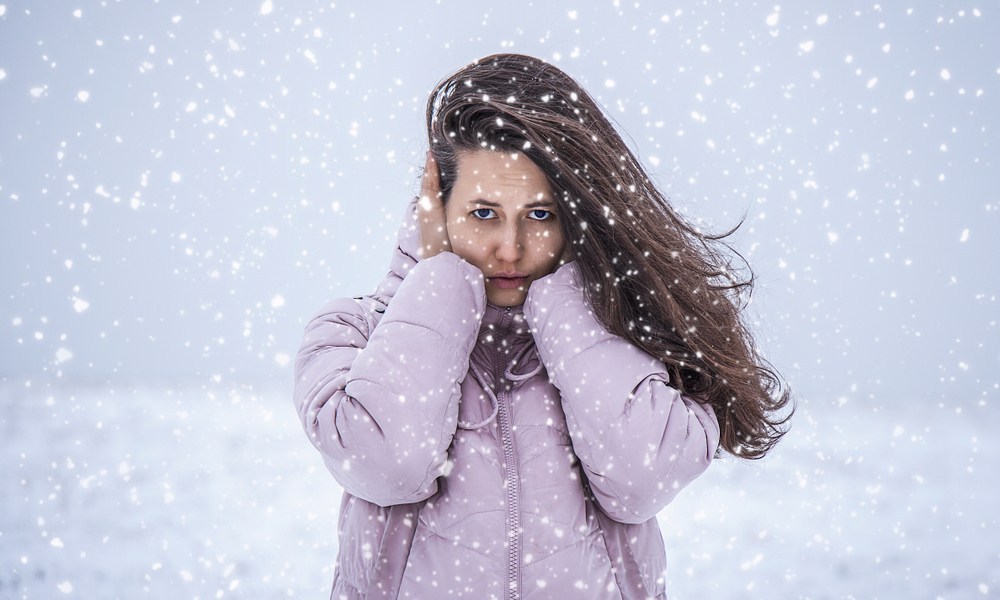
What many people may not realize is that these temperature extremes can also impact our hearing health.
The Physiology of Hearing
To understand how extreme temperatures affect hearing, it’s important to grasp the basics of how hearing works. The human ear is a sensitive and finely tuned instrument, but it is also vulnerable to environmental factors.
1. The Inner Ear: The inner ear contains delicate hair cells that are essential for hearing. These cells transmit sound signals to the brain, allowing us to perceive and understand the sounds around us.
2. Temperature and Blood Flow: Temperature plays a crucial role in the functioning of the inner ear. Blood vessels in the ear help regulate temperature and provide oxygen and nutrients to the hair cells.
3. Temperature Extremes and Hearing Health: Exposure to extreme temperatures can disrupt the delicate balance required for optimal hearing function.
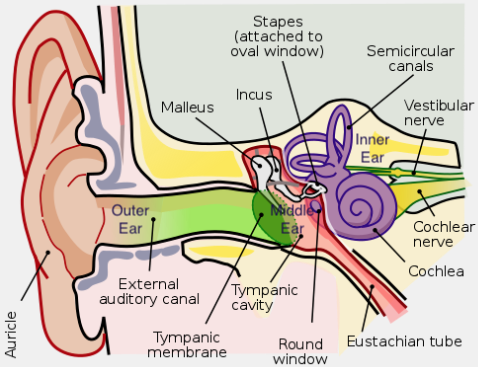
Effects of Cold on Hearing
- Vasoconstriction: Cold temperatures can cause vasoconstriction, the narrowing of blood vessels. This reduces blood flow to the inner ear, potentially impacting hearing and may lead to hearing loss.
- Frostbite: Excessive cold can lead to frostbite, which can damage the skin and can also damage the underlying tissues, including the ear. Severe frostbite can lead to permanent hearing loss.
- Ear Canal Constriction: In extremely cold weather conditions, the ear canal may constrict or become blocked by earwax. This increases the risk of hearing difficulties.
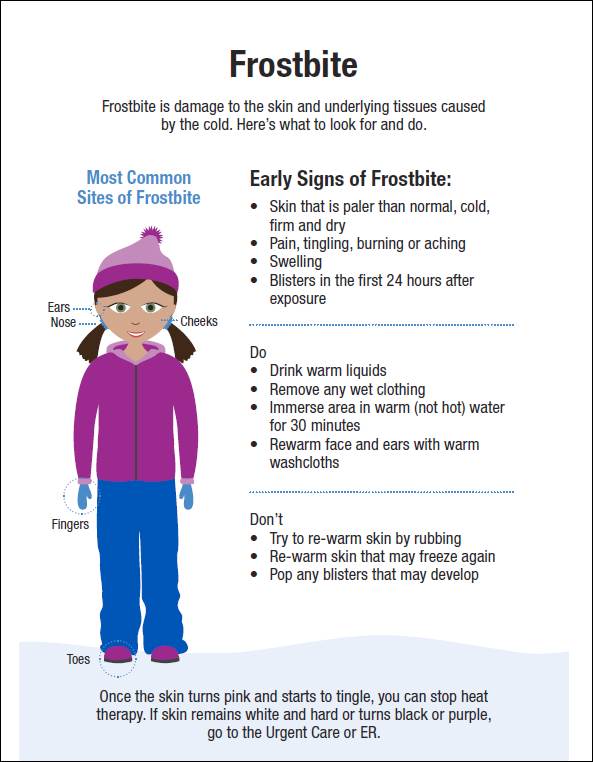
Protecting Hearing in Extreme Temperatures
- ***Stay Hydrated***: While staying hydrated is emphasized for hot temperatures and hot climates, it is just as important to stay hydrated in cold temperatures and in cold climates.
Water is necessary for transporting nutrients, for removing waste from the body, for supporting the immune system, for hydrating your tissues and organs, and for maintaining blood pressure as well as maintaining a proper body temperature.
This is important for preventing hypothermia if outdoors in winter.
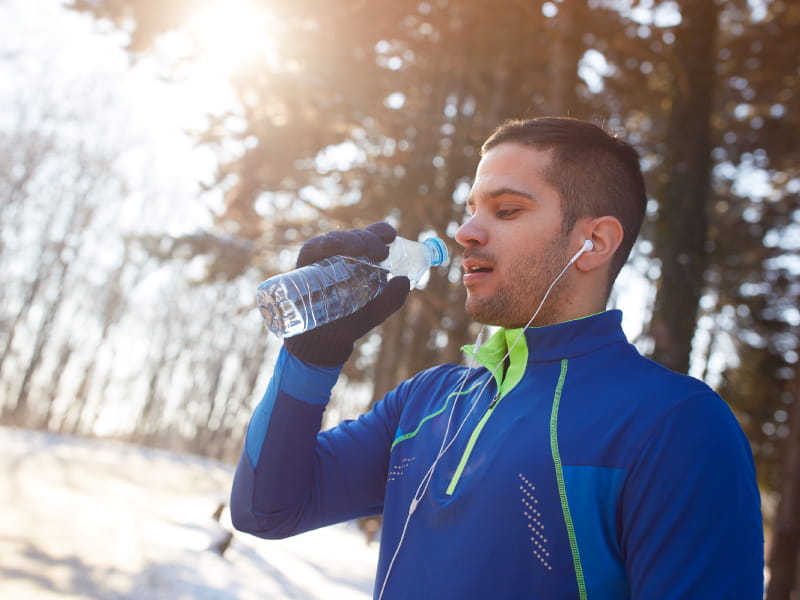
Drink room temperature water if this is more comfortable for you.
- ***Wear Ear Protection***: Wearing appropriate ear protection, such as earmuffs or hats, can help maintain normal blood flow to the ears, which also helps prevent frostbite.
- ***Monitor Exposure***: Be mindful of the amount of time spent in extreme temperatures and also take breaks when necessary to allow the body to reacclimatize.
- ***Regular Check-ups***: If you experience any changes in your hearing or discomfort in extreme temperatures, seek prompt medical attention. Regular hearing check-ups can help monitor your auditory health and help alert you to any changes you may experience.
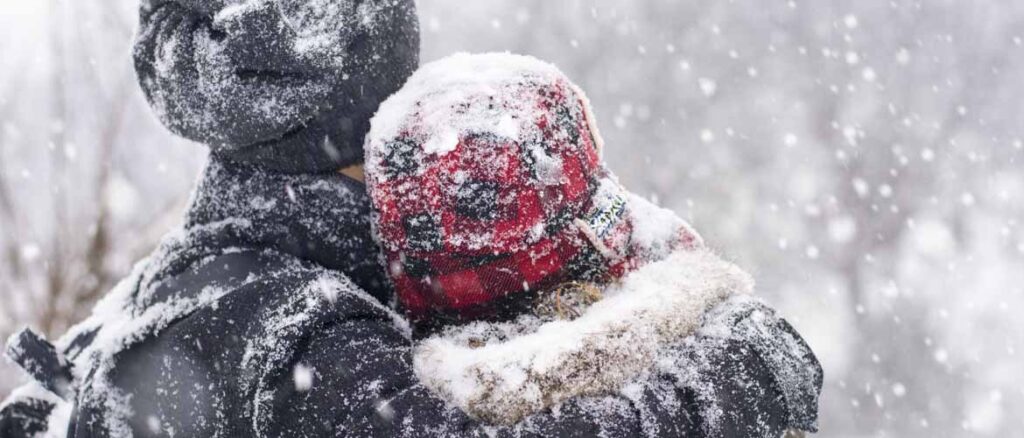
Tips for Staying Hydrated in Cold Weather
- Drink warm fluids if you find it difficult to drink cold water when it’s cold outside. Sipping on warm water, hot herbal teas, or warming broths can count towards your hydration.
- Add flavour, such as a wedge of lemon, lime or other pieces of fruit to plain water. You can also utilize unsweetened water enhancers to add an infusion of flavor.
- Carry a water bottle with you everywhere you go to encourage hydration throughout the day. If you’re working from home, have a designated water vessel at your desk and refill as necessary.
- Drink your food. Homemade soups in winter can increase fluid intake to help you meet your fluid needs, as well as including water-rich fruits and vegetables such as green leafy vegetables, citrus fruits, melon, tomatoes and cucumbers.
- Avoid too much caffeine which can contribute to dehydration. Caffeine is a natural diuretic, which means it can flush water and electrolytes from your body. For every caffeinated beverage you consume, such as your mug of coffee, have an additional glass of water of equal volume.
- Swap your alcohol for a mocktail. Alcohol should not be counted towards fluid intake and can interfere with a person’s perception of cold, increasing the risk for hypothermia. Instead, try mixing unsweetened seltzer water with a slice of citrus or mixed berries.
- Make hydration a routine with the goal of drinking a certain amount of water each day. Start by incorporating a glass of water on your bedside table to be consumed first thing in the morning and aim to make it your drink of choice throughout the day.1
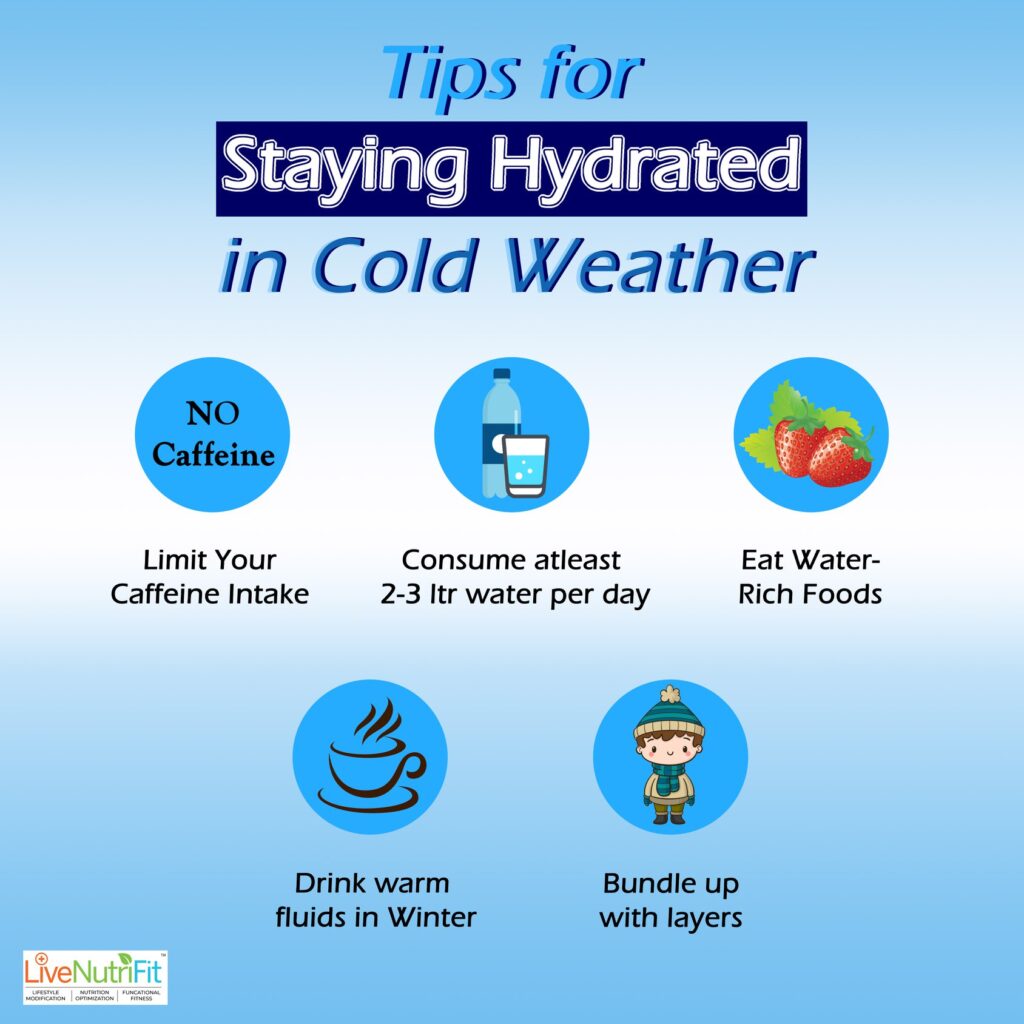
Friendly Reminder
Extreme temperatures can challenge our bodies in many ways, including our hearing health.
It is essential we understand the potential risks extreme cold temperatures poses and it is also essential we taking proactive measures to protect our ears is essential.
By staying hydrated, wearing appropriate protection, monitoring exposure, and seeking medical attention when needed, we can enjoy life in extreme cold while safeguarding our precious sense of hearing.
After all, hearing is a vital part of our connection to the world around us, and preserving it should always be a priority, regardless of the temperature.
Think you may be experiencing hearing loss?
Call us today at 289.755.0295 or 289.644.5701 for your FREE Hearing Test and FREE Consultation!
Sources
- https://www.massgeneral.org/news/article/the-importance-of-winter-hydration
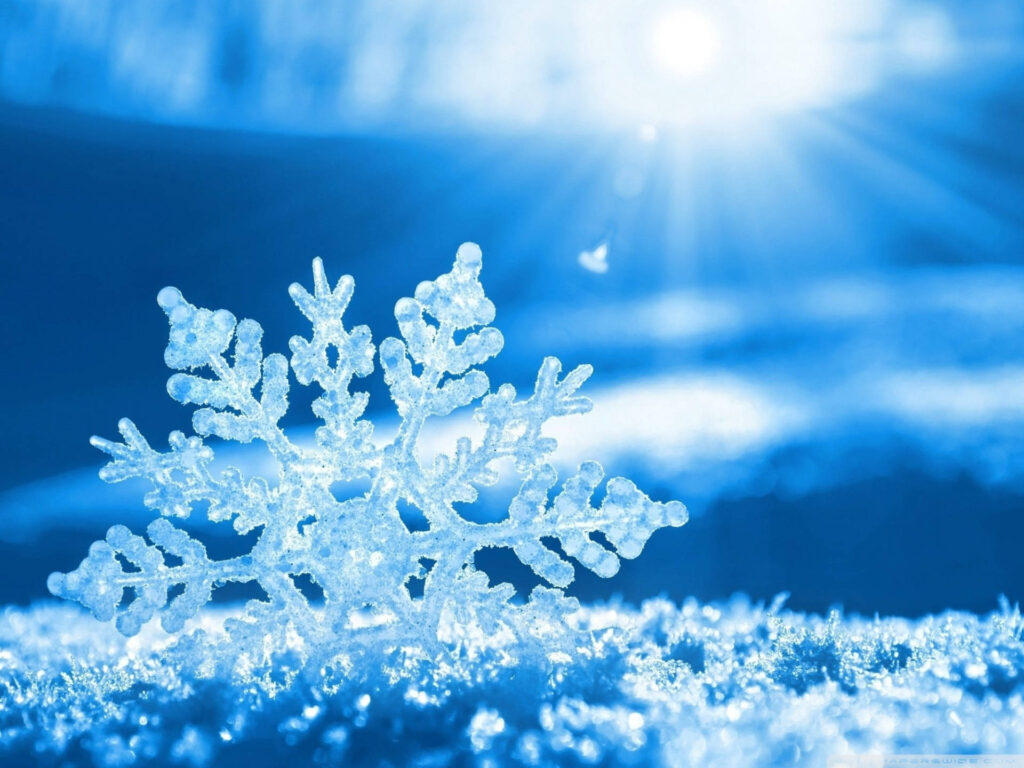



You have a unique perspective that I appreciate.
I appreciate you sharing this blog post. Thanks Again. Cool.
This post is a testament to your skill as a writer and thinker.